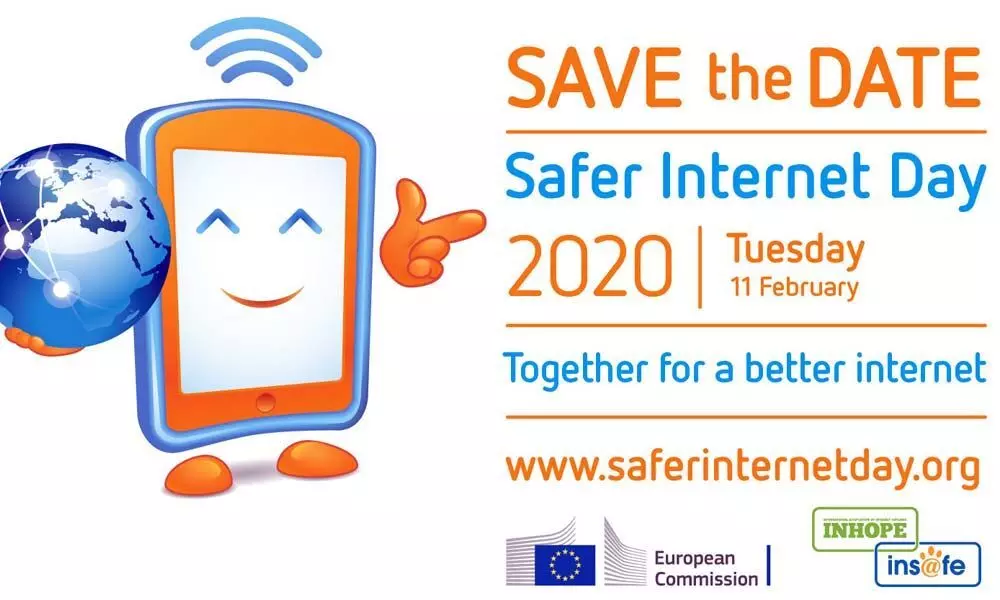Safer Internet Day 2020: Basic Guide to Digital Parenting

AccesDrive is organising a 2-day experience centre for kids, parents and teachers on how to be internet awesome.
Safer Internet Day is celebrated across the world in 130 countries. Safer Internet Day is coordinated by the joint Insafe/INHOPE network, with the support of the European Commission, and national Safer Internet Centres across Europe. It is an annual event, this year it is held on Tuesday 11 February 2020.
According to techARC in our country, smartphone users crossed 500 million in 2019. And we very well know that this number is going to multiply in the coming years. Everyone from elders to kids has internet access and digital literacy in these days. Indians of all age group spend a lot of time on social media every day at the same time, the risks are also increasing day by day with access to the internet. So, every user is responsible for the digital wellbeing of children and themselves.
AccesDrive is organising a 2-day experience centre for kids, parents and teachers on how to be internet awesome. Please find the details here and register yourself as online safety is everyone's responsibility.
Parents need to educate their children to keep them cyber-safe:
1. Beware about social media: You should know your child's interest in apps and sites. Read the app reviews, age limits, and fine print.
2. Teach them the importance of privacy: Most of the social media sites asks names, dates of birth, school names, and hometown. Teach your children that these types of vulnerable personal information result in a data breach and make them exposed to identity theft.
3. Identify your network: Counsel your child never to accept friend requests or add people whom they don't know in real life. Ensure that they never meet anyone in person whom they met online.
4. Watch out of phishing scams: Free giveaways or online quizzes, can be appealing, but they can end up in phishing scams that can trick your child in sharing personal information and hack their computers.
5. Visit age-appropriate sites: Social networking sites like Facebook, Twitter, and Instagram have a minimum age constraint of 13 years. For minors, these sites have further security settings also, please follow them.
6. Set boundaries: Teach your children how to navigate in the digital world the way you do in the real world. There is tons of information available, and we need to set boundaries and rules for children for how much time they can spend online and which sites they can visit.
As a responsible parent, you need to keep a tab on children's online activities.











